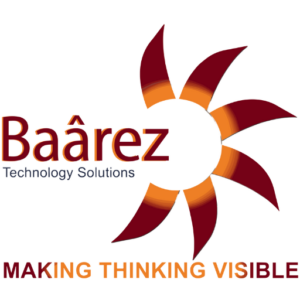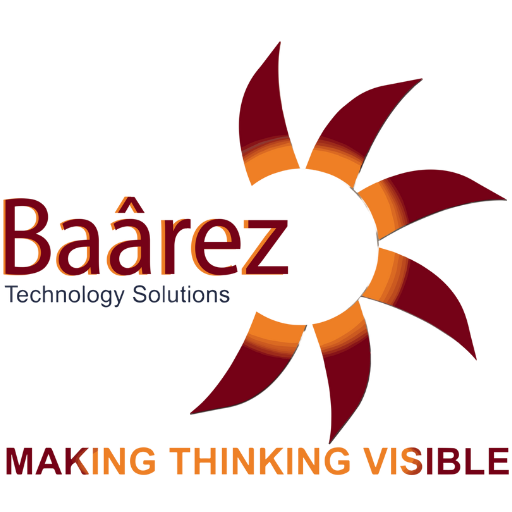Table of Contents
ToggleWhat is Intelligent Automation and Why is it Important to Business?
We have witnessed plenty of business disruption over the past two years due to recent pandemic. Traditional business models and remote working have challenged traditional operational practices. Competitive challenges drive a constant need for innovation and operational excellence. Digital transformation and digital business models have become table stakes in today’s competitive environment, affecting operations, customer service, and employee support. Businesses must constantly reinvent themselves to be relevant value generator for their customers while accelerating and scaling growth. This perfect-storm combination of global pandemic and contemporary business challenges are driving transformational changes in the traditional people-process-technology models for modern business. Intelligent Automation enables that transformation. Intelligent Automation involves taking a machine, taught to do simple, repetitive rule-based tasks, and teaching it to adapt or correct its performance based on a lot of changing conditions at incredible speed and scale.What is Intelligent Automation?
At its core, Intelligent Automation is the combination of business process automation and Artificial Intelligence. It is known by several synonymous industry terms: Intelligent Process Automation (McKinsey), Hyperautomation (Gartner Group), AI-Powered Automation (IBM), and Cognitive Automation (Deloitte), among others. Defined according to McKinsey, Intelligent Automation: “is an emerging set of new technologies that combines fundamental process design with robotic process automation and machine learning. It is a suite of business-process improvements with next-generation tools that assists the knowledge worker by removing repetitive, replicable, and routine tasks.” McKinsey, Intelligent Process Automation: The Engine at the Core of the Next-Generation Operating ModelComponent technologies of Intelligent Automation include:
- Robotic Process Automation (RPA) allows software robots to act as a proxy for human interactions with digital systems, screens, and other software.
- Computer Vision provides visual recognition capabilities to digitize, for example, scanned documents.
- Natural Language Processing (NLP) enables computerized understanding of language meaning and intention.
- Intelligent Chatbots act as cognitive agents allowing human-computer interaction enabled by NLP.
- Machine Learning uses advanced analytics to learn from process data and determine patterns that predict future outcomes.
- Process Mining tools uncover insightful patterns in process interactions to drive improvement and efficiency.
- Data Visualization provides visual insights for continued performance management and improvement.


